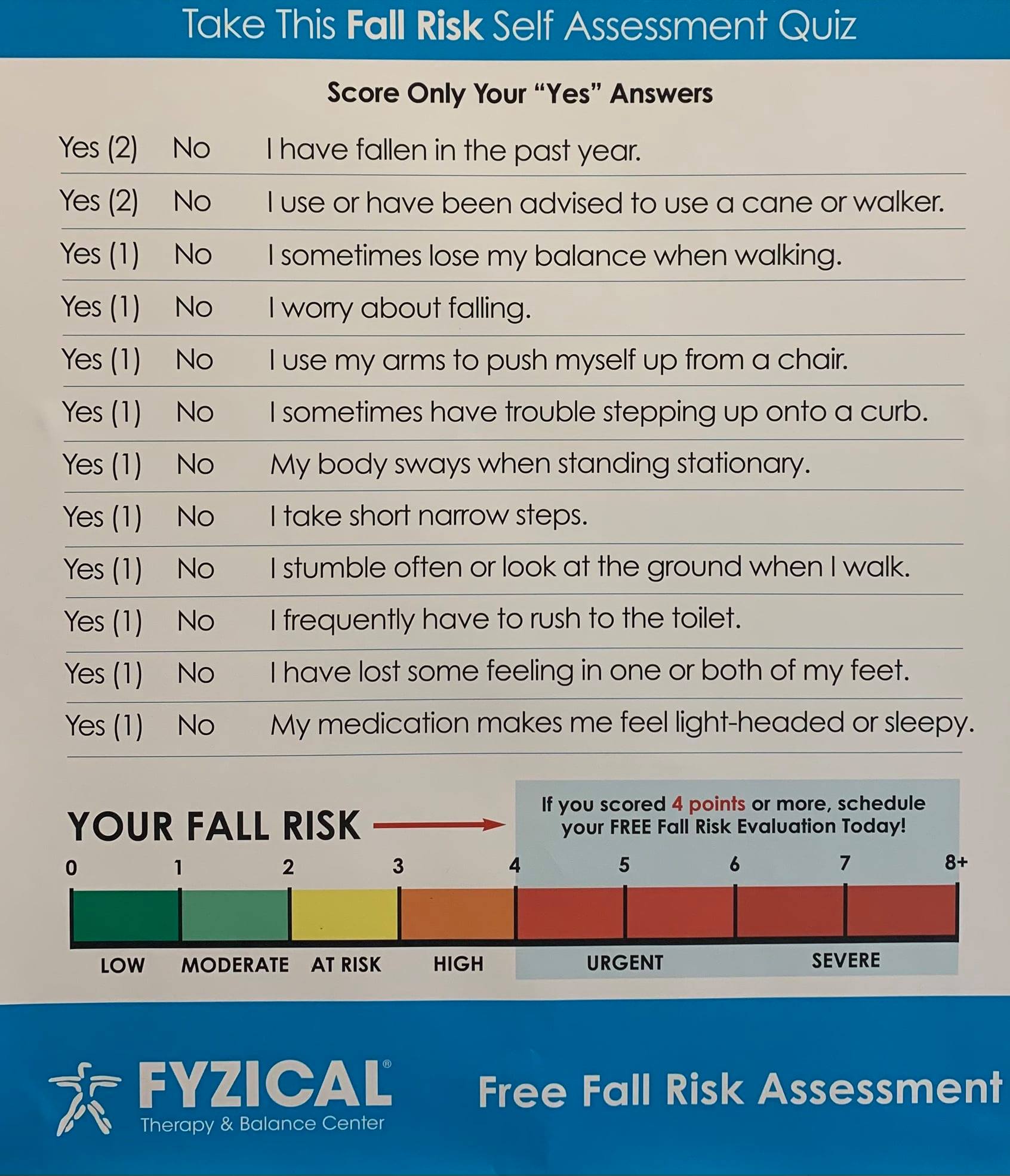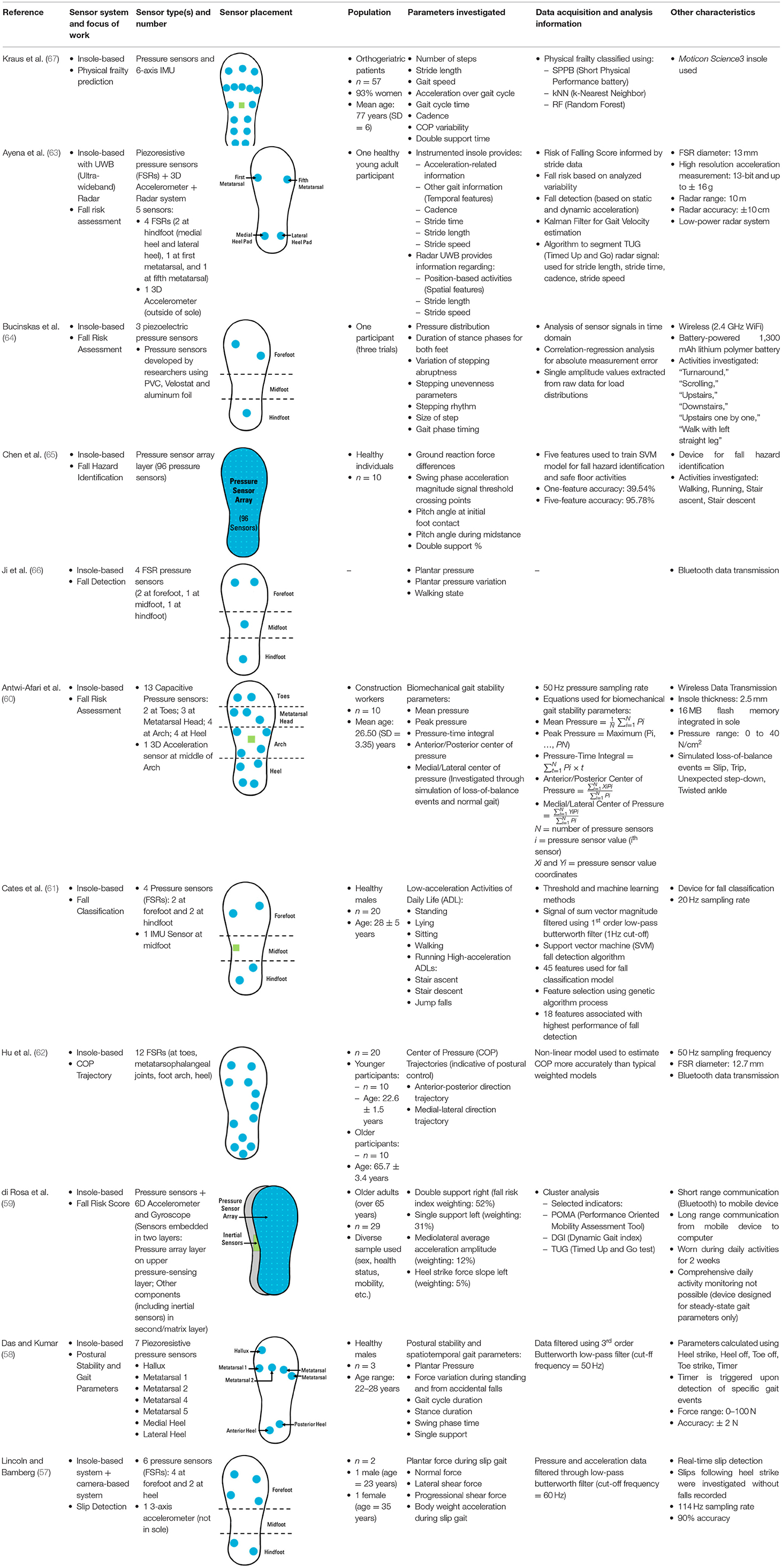Dementia Fall Risk for Dummies
Dementia Fall Risk for Dummies
Blog Article
The Best Guide To Dementia Fall Risk
Table of ContentsSome Known Questions About Dementia Fall Risk.The Best Strategy To Use For Dementia Fall RiskThe 3-Minute Rule for Dementia Fall RiskHow Dementia Fall Risk can Save You Time, Stress, and Money.Little Known Facts About Dementia Fall Risk.
Make certain that there is an assigned location in your medical charting system where personnel can document/reference scores and document appropriate notes related to fall prevention. The Johns Hopkins Loss Risk Analysis Tool is one of many devices your team can utilize to help stop unfavorable clinical events.Person drops in hospitals prevail and debilitating damaging events that linger despite years of effort to decrease them. Improving communication throughout the assessing registered nurse, care team, person, and client's most entailed good friends and family may strengthen autumn prevention efforts. A group at Brigham and Female's Healthcare facility in Boston, Massachusetts, looked for to develop a standardized loss prevention program that centered around enhanced interaction and patient and household involvement.

The innovation team stressed that successful application relies on client and team buy-in, integration of the program into existing operations, and fidelity to program processes. The group kept in mind that they are grappling with exactly how to ensure continuity in program execution during periods of dilemma. Throughout the COVID-19 pandemic, as an example, an increase in inpatient falls was linked with constraints in patient interaction in addition to constraints on visitation.
8 Easy Facts About Dementia Fall Risk Explained
These incidents are generally thought about avoidable. To execute the intervention, organizations need the following: Accessibility to Loss pointers sources Loss TIPS training and retraining for nursing and non-nursing team, consisting of brand-new nurses Nursing process that enable client and family engagement to perform the drops evaluation, guarantee use the prevention strategy, and carry out patient-level audits.
The results can be highly detrimental, often increasing individual decline and causing longer hospital keeps. One research estimated stays raised an extra 12 in-patient days after a client autumn. The Fall TIPS Program is based upon interesting individuals and their family/loved ones across 3 primary processes: analysis, personalized preventative interventions, and bookkeeping to guarantee that patients are taken part in the three-step fall avoidance process.
The person evaluation is based upon the Morse Autumn Range, which is a verified loss danger assessment tool for in-patient medical facility setups. The scale consists of the six most typical factors clients in medical facilities drop: the client loss history, high-risk problems (including polypharmacy), use IVs and various other outside tools, mental condition, stride, and movement.
Each threat factor relate to several actionable evidence-based interventions. The registered nurse creates a strategy that incorporates the interventions and shows up to the treatment team, individual, and family members on a laminated poster or printed aesthetic help. Registered nurses develop the strategy while meeting the patient and the client's family members.
The Ultimate Guide To Dementia Fall Risk
The poster functions as an interaction device with various other participants of the client's care team. Dementia Fall Risk. The audit component of the program consists of analyzing the individual's understanding of their danger elements and prevention strategy at the device and healthcare facility levels. Nurse champions perform at the very least 5 private interviews a month with patients and their family members to look for understanding of the autumn prevention plan

An approximated 30% of these drops result in injuries, which can vary in severity. Unlike various other unfavorable occasions that need a standard scientific reaction, loss prevention depends very on the requirements of the patient.
The Buzz on Dementia Fall Risk

Based on auditing outcomes, one site had 86% compliance and 2 websites had over 95% compliance. A cost-benefit evaluation of the Fall suggestions program in 8 hospitals estimated that the program price $0.88 per patient to execute and led to savings of $8,500 per 1000 patient-days in direct expenses connected to the avoidance of 567 falls over three years and eight months.
According to the technology group, organizations thinking about carrying out the program should carry out a preparedness evaluation and drops avoidance voids analysis. 8 Additionally, organizations ought to make sure the needed framework and operations for execution and develop an implementation plan. If one exists, the organization's view publisher site Fall Prevention Task Force should be involved in planning.
Excitement About Dementia Fall Risk
To begin, organizations should make certain conclusion of training modules by nurses and nursing aides - Dementia Fall Risk. Health center team ought to evaluate, based upon the requirements of a health center, whether to utilize an electronic health document printout or paper version of the loss prevention strategy. Carrying out teams need to recruit and train registered nurse champions and develop processes for auditing and coverage on fall information
Personnel need to be included in the process of upgrading the process to involve individuals and family in the analysis and prevention strategy process. Equipment must remain in location so that systems can understand why an autumn occurred and remediate the cause. Extra particularly, registered nurses ought to have networks to offer recurring feedback to both personnel and unit leadership so they can readjust and improve autumn avoidance workflows and interact systemic problems.
Report this page